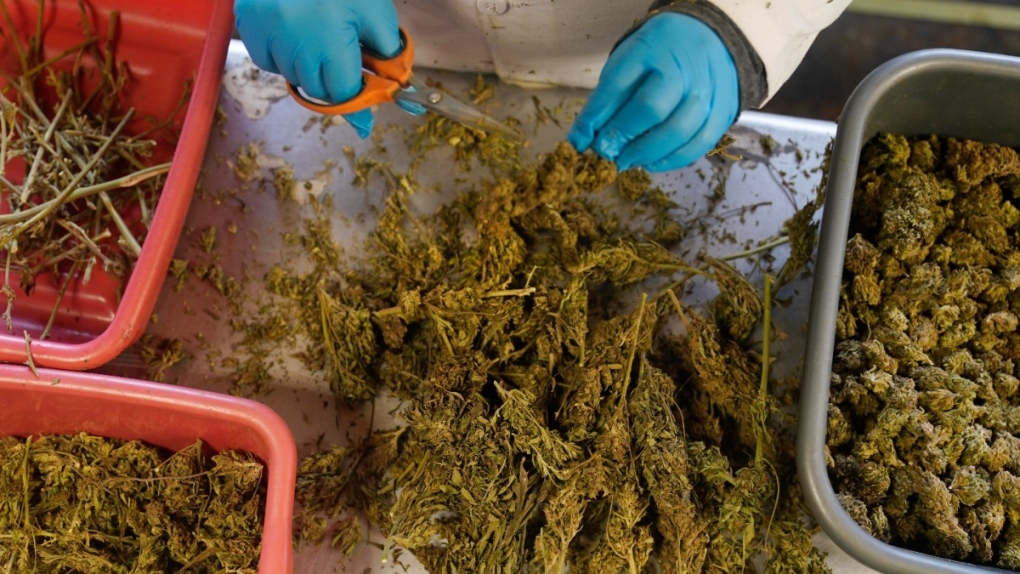
Despite the ongoing war, a friendship built in Ukraine allowed an Alberta company to import hemp seeds to Canada in the hopes of growing the plant to produce a desired fibre.
The Canadian Rockies Hemp Corp., based in Bruderheim, Alta., approximately 40 minutes northeast of Edmonton, imported seeds from the Institute of Bast Crops in northeast Ukraine, part of the National Academy of Agrarian Sciences.
The plan was to grow hemp for bast fibre, which can be used in a range of products including fabrics, textiles and packaging.
“It took us several months to be able to organize it, it was something,” Aaron Barr, CEO of Canadian Rockies Hemp Corp., said.
“The fact that they’re able to get it done during these times but they continue to live their lives as normal as possible — and it’s pretty remarkable to see what they’re able to do.”
Russia’s invasion of Ukraine entered its second year in late February, with many eastern regions still occupied by Russian forces.
The idea to bring hemp seeds from Ukraine was years in the making, Barr says. Countries such as Ukraine have a lot of knowledge and technical expertise when it comes to hemp and many of their varieties developed for bast fibre are on the same growing latitudes as Alberta farmers.
“So we’ve imported those genetics, unfortunately through the wartime, to be able to have Alberta farmers growing hemp for bast fibre and yielding a much higher percentage of fibre in that plant,” Barr said.
Since Ukraine has not allowed men to leave the country, he says they had to hire Hungarian drivers who could get around Russian checkpoints, driving through fields and woods to bring the seeds across the border into Poland, where they moved to Germany before flying out to Canada.
Once in Canada, Barr says, the seeds were planted in three trial areas in southern and central Alberta last year to prove to Health Canada that they meet the standard for industrial hemp.
Health Canada defines industrial hemp as a cannabis plant where the concentration of THC is 0.3 per cent or less.
“So essentially, you could smoke a whole field of this stuff and it would never get you high,” Barr said. “It’s grown and intended for industrial applications.”
Having met that threshold, Barr says, the seeds can be certified and readily available to Canadian producers.
But beyond their business relationship, the situation in Ukraine is also personal for him.
“I have Ukrainian heritage myself, my mother’s Ukrainian. Very tough to see people that are just like us going through this type of death and displacement,” he said.
